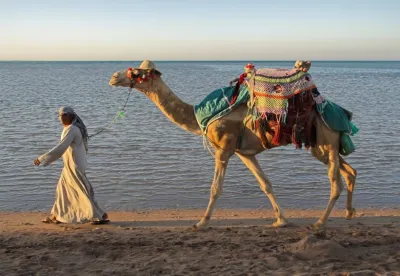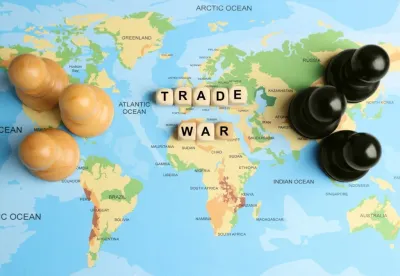Geocaching is enjoyed by all ages from all walks of life, but what is it? Ask a muggle, the name for non-geocachers, and the most received response is, “It’s a waste of time.” Ask a geocacher and you may hear it’s a game, a sport, a hobby, or an online treasure hunt. In reality, most cachers can relate to all of these descriptions.
To clarify, geocaching is not totally an online interest – the internet is merely the starting and ending points. Geocaching is a high-tech treasure hunt where cachers retrieve geographical coordinates for hidden geocaches off an Internet website which offers its members a variety of features to accomplish their caching goals. Once the cache coordinates are retrieved, the fun begins. The coordinates are either downloaded or manually entered into a GPS device, the cacher then using the GPS begins the hunt.
A traditional cache, at a minimum, contains a log book that cachers can sign and date to record their find, often caches contain geoswag – small inexpensive items or travel bugs – which are traded at that time. Travel bugs are registered with geocaching websites and are owned by cachers and usually have a travel goal assigned to each. When found a geocacher may move the bug to another cache helping with the bug’s assigned travel goal. Once found, log signed and any trades made the cache container must be put back in its original hiding spot. Afterwards, the cacher will record the finds and share their caching experiences online.
The time it takes to find a cache depends on a cacher’s experience, equipment, weather, perseverance, and luck. For the beginning cacher, finding a cache can be very rewarding or an ordeal. In either case, once the caching bug has bitten, beginners rarely stop caching.
Geocaches come in many varieties: traditional, multi, mystery or puzzle, letterbox, event, mega-event, CITO, and earth. Traditional or multi caches are the most common. The cache can be a jar, Tupperware container, or the popular ammo can. Mystery or puzzles caches require, as their names indicate a puzzle or mystery must be solved before credit for finding the cache can be claimed.
Probably the most educational of all cache types is the earth cache. Earth caches introduce cachers to all forms of natural wonders such as water falls, national parks, volcanoes, seascapes and a vast range of wildlife. The appreciation for nature has spawned a trend of green caching – often CITO [cache in trash out] caches are attended by groups of independent cachers or sponsored by caching clubs to clean up areas or local parks of discarded trash.
Another caching trend is to attend an event or mega-event cache, the difference, event caches are usually local to a community and the mega-event is on a grander scale with attendees from one or more countries – gatherings of these types are open to all geocachers and are organized by geocachers and must follow the guidelines of the online caching websites. Both types of event caches are meant to promote caching through social networking which offers cachers an opportunity to make new friends, exchange caching stories face to face, trade swag, or purchase caching related items.
Geocaching is a great opportunity to get off the couch, turn off the television, push away from the computer, and get some outdoor exercise. After all, walking is the most natural of exercises. Combined with the thrill of the hunt, the distance traveled while caching just fades away. New skills such as orienteering, hiking, and outdoor safety are learned. Caching is also a great family activity, as cache teams plan hunts then traveling to and from cache sites, whether across town, across the state, or further.
Once cachers have exhausted the available cache finds close to home, they can search beyond their local coordinates for new caching experiences. For many families, geocaching has become the dominant criterion in making travel plans. Instead of visiting the usual tourist spots, cachers find themselves in places they never would have gone, and quite often they go places that regular tourists would never see.
By Peter & Susan Lavin
Peter and Susan got involved in geocaching back in August of 2008 since it fit very nicely with their love of hiking. Early in 2009 they started GeoCache-Excursions.com and their goal is to encourage group travel with fellow cachers by working with professional travel agents in creating organized, preplanned, affordable and close as possible to all inclusive vacations that combine Geo Caching with that of discovering the history, the culture, the beauty and mystery of other lands.









